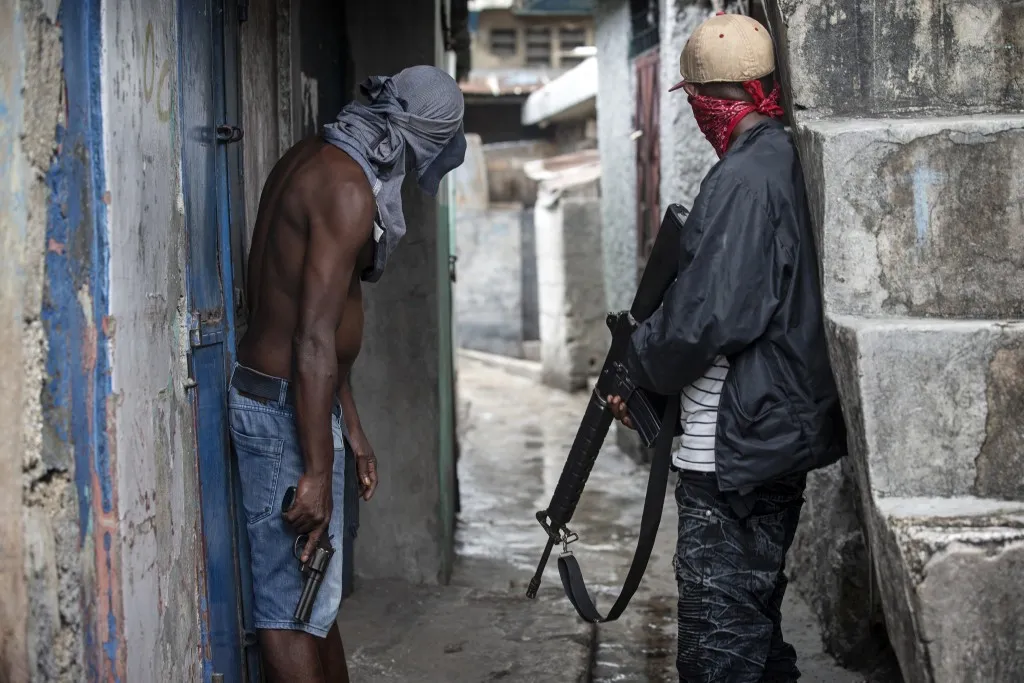Kenya and Haiti have recently made a significant stride in international cooperation by signing a “reciprocal” agreement. This agreement allows Kenya to deploy its police officers to lead a United Nations-backed law and order mission in Haiti, with the aim of addressing the security crisis caused by surging gang violence.
Prior to this agreement, Kenya had agreed to head an international police force authorized by the UN to assist Haiti. However, in January, the Kenyan High Court deemed this plan unconstitutional. The court cited a lack of reciprocal agreements between the two countries and restrictions on deploying Kenya’s National Police Service outside its borders.
In response to the court’s ruling, Kenya and Haiti have now signed reciprocal agreements. These agreements pave the way for the deployment of 1,000 Kenyan police officers to Haiti. The presence of these officers will play a crucial role in tackling the escalating gang violence that has reached unprecedented levels in the troubled Caribbean nation.
Haitian Prime Minister Ariel Henry has emphasized the need for stability in his country. He believes that holding elections promptly is essential for achieving stability and attracting investments. Despite his commitment to organizing elections, the ongoing gang violence has hindered progress in Haiti.
Recent Violence
The situation in Haiti remains tense, as evidenced by recent acts of violence. Gunmen targeted Haiti’s main international airport and police stations, resulting in the closure of businesses, government agencies, and schools. These incidents highlight the urgency of addressing the security challenges faced by the country.
The collaboration between Kenya and Haiti in this law and order mission showcases the increasing role of Sub-Saharan African countries in global peacekeeping efforts. It also demonstrates their commitment to maintaining stability and security beyond their own borders.
This groundbreaking agreement not only addresses the security crisis in Haiti but also sets a precedent for international cooperation in tackling similar challenges around the world. By pooling resources and expertise, countries can work together to promote peace and security, ultimately creating a safer and more stable global community.

